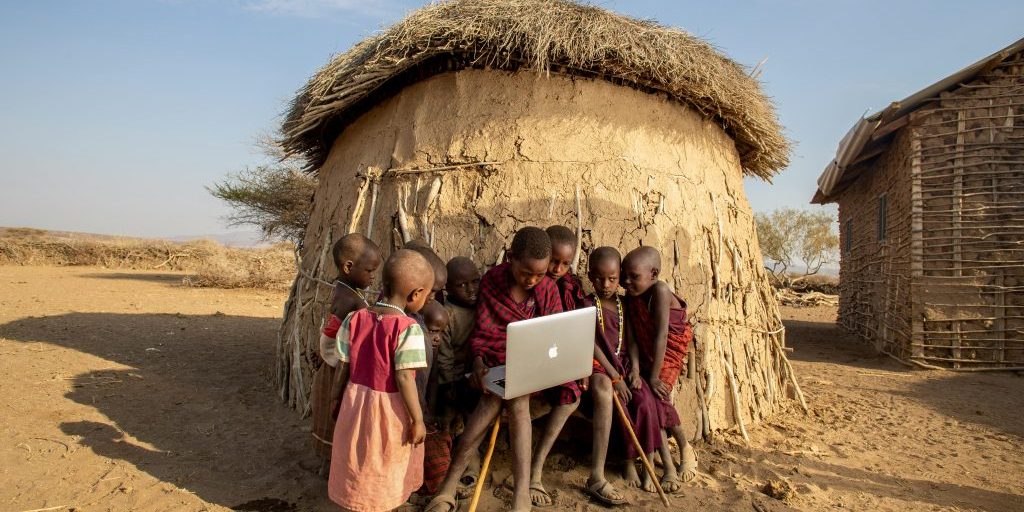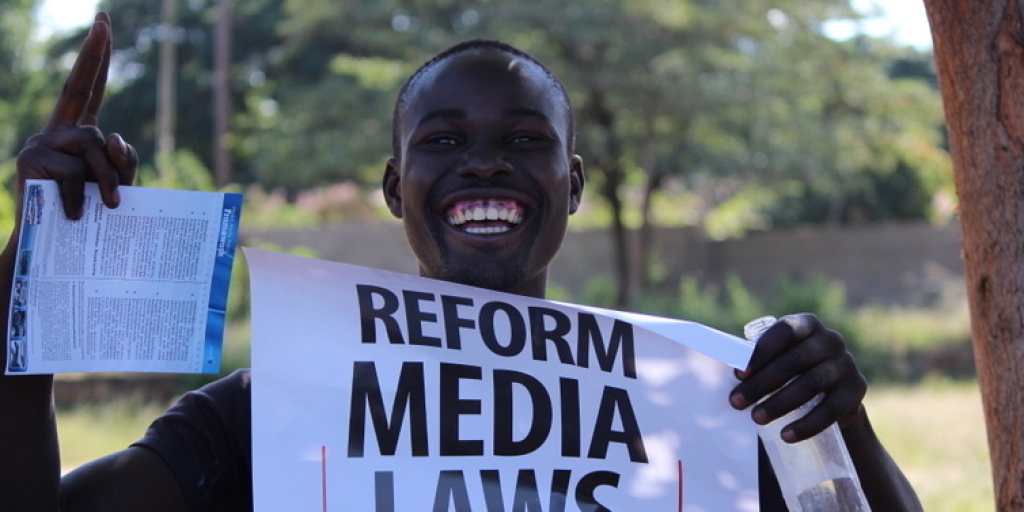‘Data, a tool for sustainable development’ – African Commission on Human and Peoples’ Rights
PICTURE: Kureng Workx/Pexels
Resolution on Promoting and Harnessing Data Access as a Tool for Advancing Human Rights and Sustainable Development in the Digital Age
The African Commission on Human and Peoples’ Rights (Commission) meeting at its 81st Ordinary Session held from 17 October to 06 November 2024 in Banjul, The Gambia
Recalling its mandate to promote and protect human and peoples’ rights in Africa under Article 45(1) and (2) of the African Charter on Human and Peoples’ Rights (the African Charter);
Considering the Commission’s responsibility to develop rules and principles aimed at resolving legal issues related to human and peoples’ rights, which can serve as a basis for State legislation;
Also recalling the global conference to commemorate the International Day for Universal Access to Information (IDUAI) held in Accra on 1 and 2 October 2024, which underscored the indispensable role of data in facilitating access to information;
Further acknowledging the rapid advancement of technology and the growing reliance on data in governance, economic development, and social interaction across the African continent;
Affirming foundational milestones of the Commission such as the Model Law on Access to Information for Africa, the Guidelines on Access to Information and Elections in Africa, and the Declaration of Principles on Freedom of Expression and Access to Information in Africa;
Cognisant of the African Union Convention on Cyber Security and Personal Data Protection and the African Union’s Data Policy Framework;
Recognising that as an extension of access to information, equitable access to data, encompassing statistics, datasets and research findings, is essential for nurturing a just, informed, and inclusive society in the digital era
Acknowledging that harnessing the power of data, particularly in the digital age, can promote democracy, and facilitate the exercise of various human rights while ensuring transparency and accountability in governance;
Recognising the transformative potential of data to inform evidence-based policies, enhance public participation, and promote innovation that contributes to the Sustainable Development Goals (SDGs) and achievement of the goals of Agenda 63: The Africa We Want;
Acknowledging the potential risks and challenges associated with the misuse and abuse of data, including violations of privacy, discrimination and unequal access to information;
Emphasising the necessity for ethical principles in data collection and usage, and the importance of ensuring that data initiatives align with international human rights standards;
Affirming the importance of addressing biases in data and automated decision-making processes, advocating for transparency and accountability to mitigate structural inequalities;
Bearing in mind the need for equitable access to data, particularly for marginalised and vulnerable communities, who are disproportionately impacted by the lack of access to data, thereby exacerbating existing divides and perpetuating inequality on social, economic and political levels
Reaffirming the need for interoperability and interconnectedness in national, regional, and international data systems, promoting public-interest-oriented information exchange while ensuring privacy and security;
Noting that restrictions on data access should only be applied for legitimate purposes and based on international standards, subject to the public interest override;
Emphasising the need for investments in data quality, literacy and capacity-building programmes to empower individuals and stakeholders in navigating the data landscape effectively;
Reaffirming the importance of multi-stakeholder approaches in unlocking the full potential of data for positive socio-economic and political change;
Concerned by data exploitation practices mainly by the private sector, particularly by big tech entities;
The African Commission:
1.Urges States Parties to:
a) Ensure that data collection, processing, storage and access practices are transparent, accountable and in line with regional and international standards in this era of digitalisation and increasing use of AI;
b) Ensure that data held by public institutions and bodies receiving public funds, as well as that held by private actors where there is an overriding public interest in access, should be made publicly available by default, in alignment with the principle of maximum disclosure, except where justified by regional and international human rights standards.
2.Decides:
a) To mandate the Special Rapporteur on Freedom of Expression and Access to Information in Africa to consult broadly around the continent to examine and develop appropriate normative standards to guide data collection, deployment and access issues concerning data.
b) To support efforts that promote and protect access to data across Africa.
- The original document can be read here




